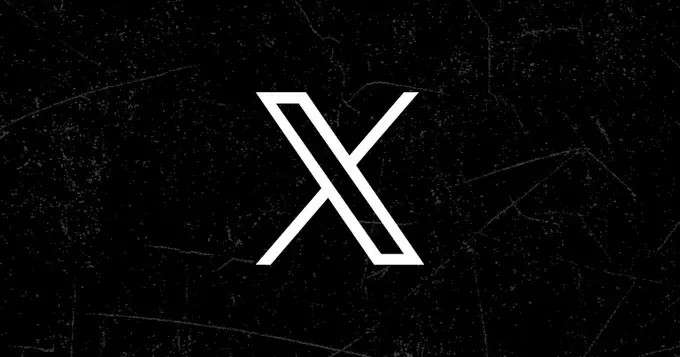In the ever-evolving realm of digital communication, the recent tensions between the European Union (EU) and Elon Musk’s social media platform, X, have escalated to a boiling point. As the EU Commission prepares to impose a staggering $1 billion fine on X for alleged violations of the Digital Services Act (DSA), the implications of this showdown stretch far beyond the confines of social media. It raises essential questions about the balance between regulatory oversight and freedom of expression, a topic that has taken center stage in international discourse.
The DSA, designed to combat misinformation and protect users from harmful content, has served as a battleground for Musk’s platform, which has notably shifted its content moderation strategies under his leadership. The criticism from EU regulators stems from concerns that these changes have enabled the spread of disinformation, particularly in light of significant global events such as the recent terrorist attacks by Hamas. The stakes are high, as this investigation not only threatens Musk’s financial empire but could also redefine the relationship between transatlantic partners, particularly in light of growing nationalism and protectionist policies.
Representatives of Free Speech or Censorship? The Ongoing Debate
Critics of the EU’s approach argue that such harsh measures could encroach upon free speech, a cornerstone of democratic values. The newly appointed chairman of the U.S. Federal Communications Commission (FCC) has emphasized that the DSA is fundamentally incompatible with American principles of free speech. This rhetoric has resonated with those harboring suspicions about foreign regulations potentially punishing U.S. innovation.
In this complex web of geopolitics and digital governance, Elon Musk emerges not merely as a business magnate but as a potent symbol of the clash between progressive regulation and entrepreneurial freedom. Musks’ ties to Donald Trump complicate matters further. The former U.S. President has expressed intentions to defend U.S. businesses against perceived foreign aggressions, making the potential fallout from this fine a matter of national importance. Would the U.S. respond to the EU’s actions with tariffs or other retaliatory measures? It’s a genuine concern that could lead to a tit-for-tat response, further straining international relations.
Navigating Uncertain Waters: X’s Financial Vulnerability
Financially, X appears to be on shaky ground. The platform has struggled to regain its former glory, with a drop in ad revenues post-acquisition by Musk. This backdrop intensifies the pressure on Musk, making the prospect of a billion-dollar fine not just a legal challenge but a potential existential crisis for the platform as well. With cash flows comparatively constrained, X’s impending legal battle represents a risky gamble. Will Elon Musk’s polarizing leadership and resourceful maneuvering be enough to stave off the fine while preserving the platform’s viability?
As the fine looms and X braces for potential court challenges, the question arises: Will Musk’s alliance with Trump yield the necessary diplomatic weight to shift the EU’s approach? The dynamics of these relationships underline the increasing intertwining of corporate and political interests in a globalized digital landscape.
The Broader Implications: A Global Framework for Digital Policy
The unfolding saga between X and the EU has far-reaching implications for digital governance worldwide. As regulations like the DSA gain traction, many nations are grappling with how to legislate the digital space without stifling innovation. This delicate balance is something the U.S. may need to reconsider in the face of mounting international pressure.
Though the U.S. maintains a robust free speech doctrine, the effectiveness of this model in today’s social media ecosystem is continually tested. Platforms like X are essential for public discourse but simultaneously serve as conduits for misinformation, presenting a unique challenge for regulators. The EU’s regulatory measures could serve as a cautionary tale for the U.S. and other nations, prompting them to assess their digital policies more critically.
In this evolving landscape, the intersection of technology, regulatory frameworks, and geopolitics will determine how society navigates the complexities of free speech and responsible digital citizenship. As the battle between Musk and the EU unfolds, it underscores not only the fragility of existing platforms but also illuminates the pressing need for comprehensive, globally resonant digital policies.

